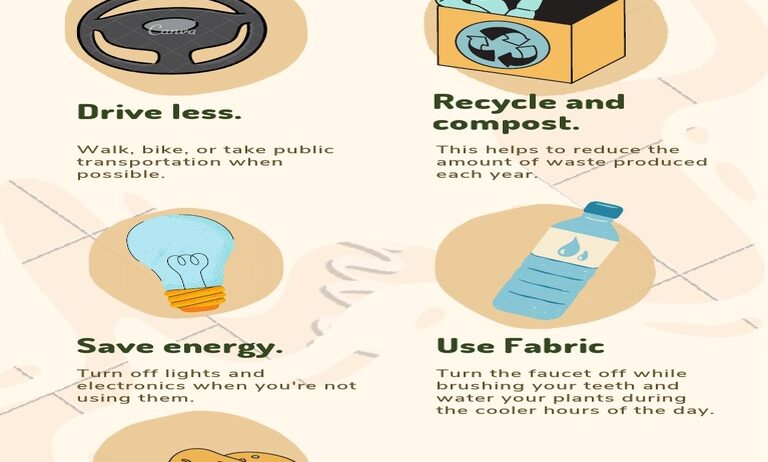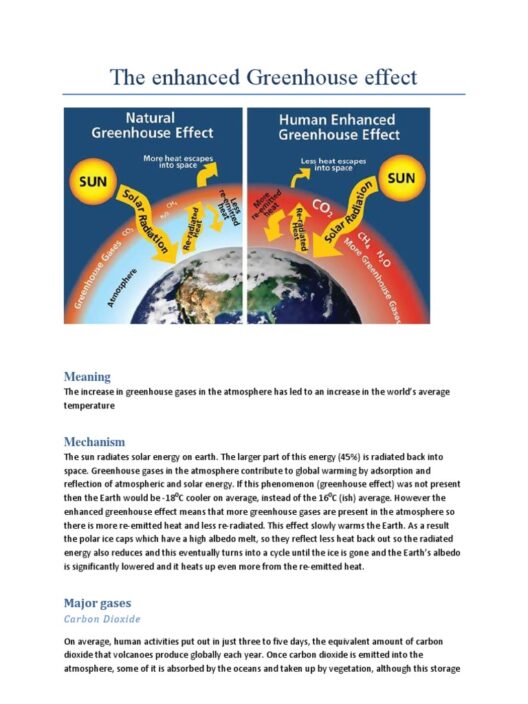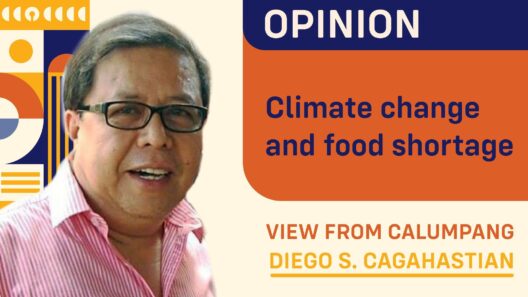We stand at a critical juncture in our relationship with the environment, forced to grapple with a question that has far-reaching implications: How can we prevent climate change? The urgent nature of this challenge compels us to seek effective solutions that transcend mere platitudes. Instead, we must embrace actionable strategies that not only curtail our environmental impact but also promise a transformative shift in perspective on our role within the ecosystem.
The following discussion delves into a plethora of viable approaches that have demonstrated efficacy in the battle against climate change. From renewable energy initiatives to grassroots movements, each solution affirms the notion that meaningful change is attainable through collective action.
Harnessing Renewable Energy: A Paradigm Shift
Transitioning from fossil fuels to renewable energy sources is paramount. Renewable energy—such as solar, wind, and hydropower—offers a sustainable alternative that minimizes greenhouse gas emissions. Solar panels, for instance, have become increasingly accessible and cost-effective, empowering both households and businesses to generate their own clean electricity. This decentralization of energy production fosters greater energy independence and mitigates reliance on polluting energy sources.
Wind energy, on the other hand, showcases the impressive power of natural forces. Wind farms, sprawling across rural landscapes, serve as a testament to human ingenuity. By investing in technological advancements and infrastructure supporting these clean energy sources, we can create a resilient energy economy, ultimately spurring job creation and economic growth in the process.
One noteworthy aspect of the renewable energy landscape is the potential for energy storage advancements, particularly in battery technology. Improvements in battery efficiency and longevity can facilitate the transition to an energy grid that is not solely reliant on the whims of weather patterns, thereby addressing one of the significant drawbacks of renewable energy: intermittency.
The Power of Conservation: Mindful Consumption
Another facet of climate change prevention lies in the art of conservation. Mindful consumption encourages individuals and organizations alike to reconsider their habits. This perspective shift can often lead to significant reductions in carbon footprints. Simple actions, such as reducing water consumption and curtailing food waste, can have an outsized impact when adopted on a wide scale.
One impactful strategy is the embrace of the circular economy, which seeks to minimize waste through continuous reuse and recycling of materials. By redefining our approach to production and consumption, we can mitigate resource depletion while promoting sustainability. This paradigm not only lessens environmental strain but also invites innovation as businesses adapt to meet the demand for eco-friendly practices.
Moreover, the modern consumer possesses an unprecedented opportunity to leverage their purchasing power. By supporting companies committed to sustainable practices and ethical sourcing, consumers can influence corporate behavior. This collective demand for greater sustainability incentivizes businesses to adopt environmentally friendly practices, thereby amplifying the impact of individual actions.
Advocating for Policy Change: Engaging with Governance
While individual actions and corporate responsibility play crucial roles in combating climate change, systemic change often necessitates robust policy frameworks. Engaging with governance is vital to effecting the largescale transitions necessary for meaningful climate action. Advocacy for renewable energy incentives, stringent emission regulations, and international cooperation on climate agreements is essential.
Grassroots movements have been pivotal in galvanizing support for policies aimed at combating climate change. The energy and passion exhibited by these movements reflect the growing public awareness regarding the impacts of climate change. Notably, initiatives such as community-based renewable energy projects demonstrate the power of localized solutions. These grassroots efforts not only foster community engagement but also emphasize the collective responsibility in addressing climate initiatives.
Education and Awareness: Empowering Future Generations
Fostering a culture of environmental stewardship is integral to sustainable climate action. Education serves as a powerful tool to instill awareness and inspire action among current and future generations. By integrating environmental studies into curriculum and promoting outdoor learning experiences, we nurture a deep-seated respect for nature and an understanding of the consequences of climate inaction.
Moreover, community outreach programs and campaigns can amplify the call for eco-conscious living. Workshops focusing on sustainable practices, such as composting, urban gardening, or energy efficiency, can equip individuals with the knowledge to affect real change within their own households and communities. This commitment to lifelong learning ensures that individuals remain proactive stewards of the environment.
In conclusion, the multifaceted approach to preventing climate change necessitates a cohesive blending of innovative technologies, mindful consumption, policy advocacy, and education. Each component in this intricate puzzle contributes to a comprehensive strategy that not only curtails emissions but fosters a societal shift in perspective regarding humanity’s position in the natural world. The solutions outlined—renewable energy, conservation, policy reforms, and education—are not merely aspirational; they represent tangible pathways through which we can move toward a sustainable and just future. The urgency of the climate crisis demands bold action, and together, the collective efforts of individuals, organizations, and governments can herald a brighter, more sustainable tomorrow.








